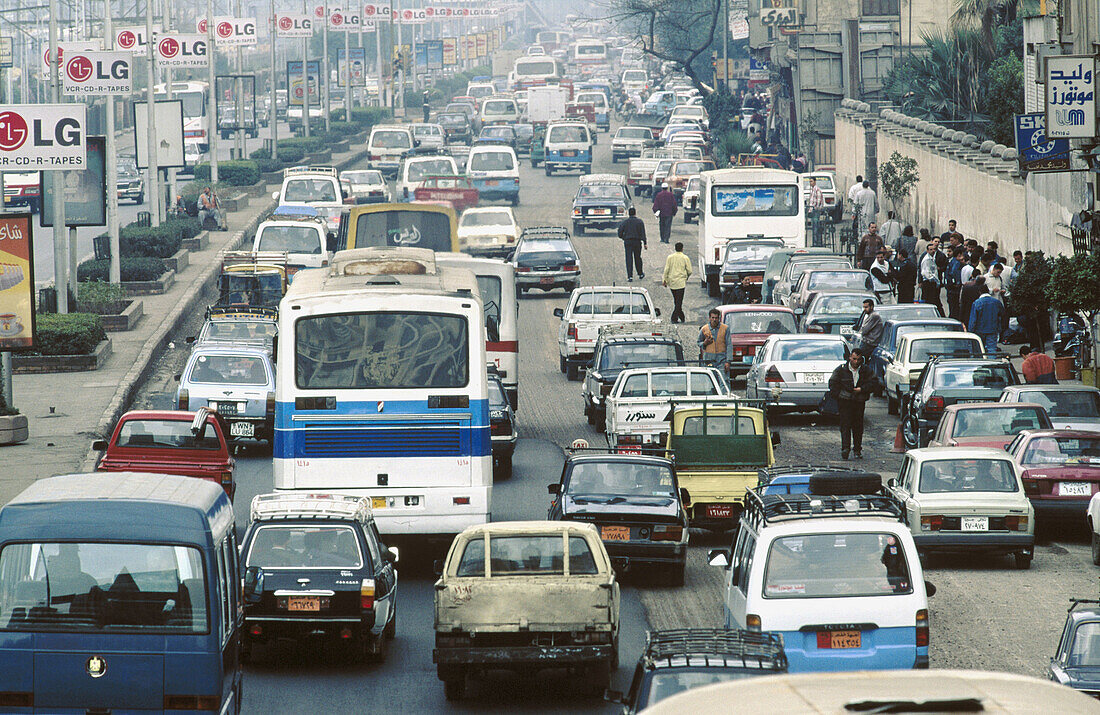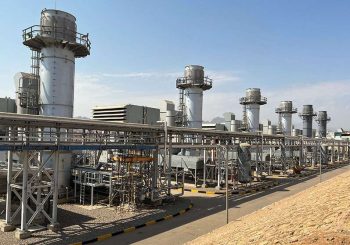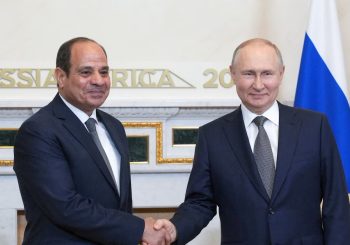On the sidelines of the annual meeting of the International Monetary Fund (IMF) and the World Bank Group (WBG) in Washington, from October 14 to October 16, Egypt’s Minister of Finance, Mohamed Maait, noted that a total of USD 2.5 billion (EGP 49 billion) is anticipated to flow into Egypt’s economy as a result of the expat customs-free car import initiative.
The initiative allows Egyptians living abroad to have one personal-use vehicle shipped to Egypt without having to pay customs duties or taxes of any kind, including value-added tax (VAT). These exemptions will only last for four months once the draft law is approved by the parliament.
The minister expects more than 500,000 cars to be imported into Egypt, given the total number of Egyptians living abroad. According to governmental figures, there are upwards of 14 million expats, many of which have shown an interest in the initiative.
Cairo hopes the initiative will increase foreign currency reserves, as Egypt’s foreign currency reserves fell to a record lows this year, reaching USD 33.14 billion (EGP 651 billion) at the end of July 2022, compared to USD 44.5 billion (EGP 874 billion) during the 2018/19 fiscal year.
Largely due to investor anxiety triggered by the Russian-Ukrainian conflict and rising interest rates by the United States’ Federal Reserve, the volume of foreign investments exiting Egypt’s economy amounted to USD 17.2 billion (EGP 874 billion) as of July 2022.
Egypt is expecting a 15 percent increase in spending and a 14.5 percent rise in deficit, according to the 2022-2023 budget approved by the parliament this year. Goldman Sachs Group Inc., leading global investment banking, estimates Egypt may need to secure a USD 15 billion (EGP 286 billion) package from the IMF to meet its funding requirements over the next three years.
Egypt’s partnership with its Arab Gulf allies has helped alleviate its funding crisis in light of the Ukraine conflict and the COVID-19 pandemic. In August, the Sovereign Fund of Egypt signed a draft agreement with Saudi Arabia’s Public Investment Fund to launch a new, Egypt-based company – the Saudi Egyptian Investment Company – to attract investments worth USD 10 billion (EGP 194 billion).
Over the past few years, global economic shocks have made it difficult for ordinary Egyptians to manage rising expenses, as the official poverty rate today stands at 29.7 percent, climbing from 27.8 percent in 2015.
The World Bank estimated in 2019 that 60 percent of the population lived below or near the poverty line, which implies that a majority of Egyptians are still economically vulnerable despite the implementation of IMF’s structural and economic policies.






Comments (5)
[…] government expects to attract USD 2.5 billion through this initiative. At a time when the country is struggling with a […]
[…] initiatives have been launched to combat rising prices and currency scarcity, including a customs-free car import initiative expected to bring USD 2.5 billion into the […]